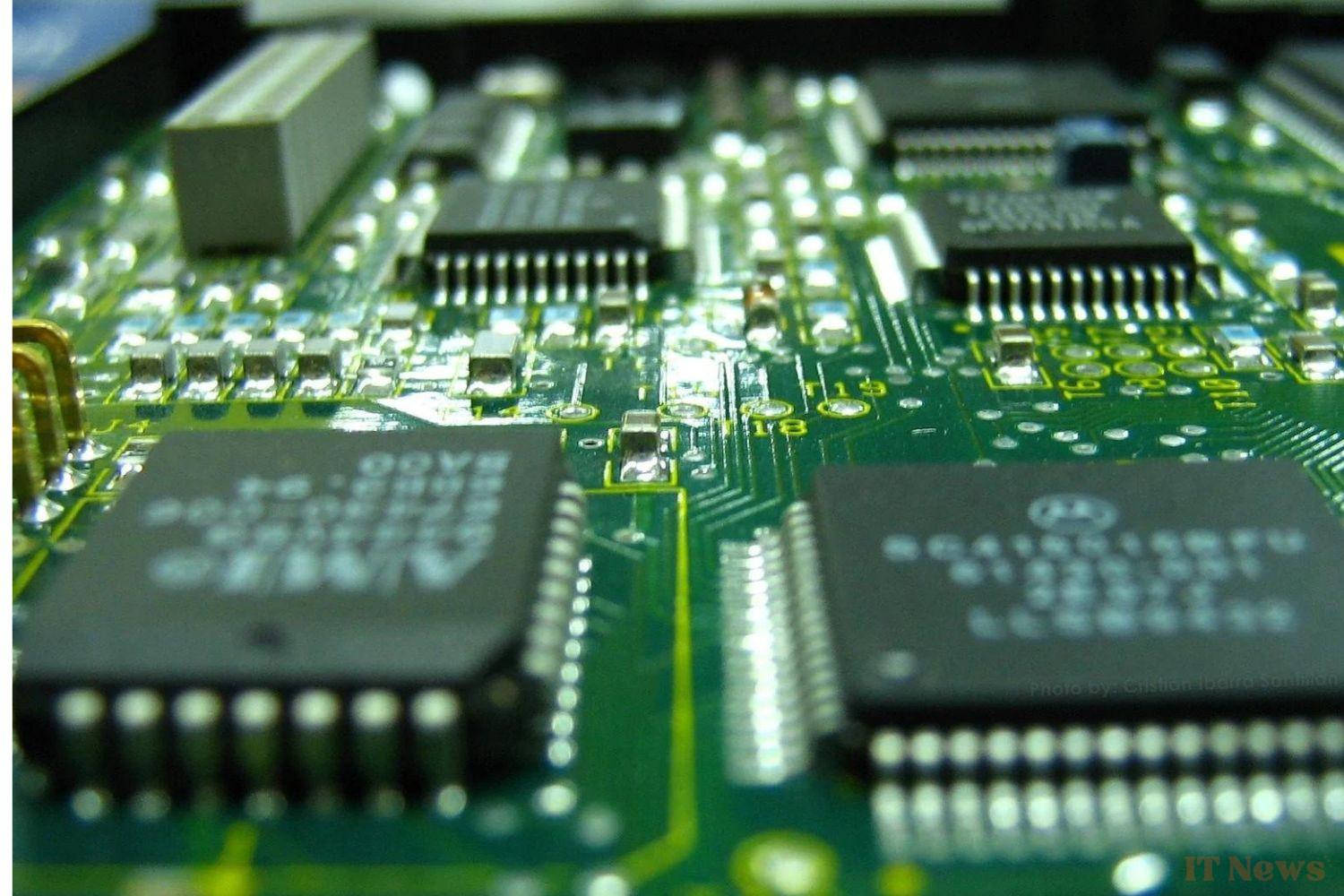Dozens of Chinese entities were placed on the U.S. export blacklist on Tuesday, March 25, a list that prohibits certain companies or entities from purchasing American semiconductors. This is the Trump administration's first-ever move in its semiconductor policy against China, an act that is part of the policy initiated by his predecessor, Joe Biden.
This time, the blacklist update has several objectives, the US Department of Commerce's Bureau of Industry and Security (BIS) details in its press release: "to restrict the Chinese Communist Party's ability to acquire and develop high-performance and exascale computing capabilities (supercomputers, editor's note), as well as quantum technologies, for military applications." But it is also about "preventing China from developing its hypersonic weapons program," BIS specifies.
Since 2019 and again in October 2022, the U.S. Department of Commerce has regularly updated an "Entity List" and its export rules; a set of rules that aims to slow China's development of semiconductors for artificial intelligence or military applications. Any company on the Entity List must apply for a license to purchase certain products made in the United States—such as semiconductors. The requested authorization will be systematically refused if the request comes from an entity that has been "blacklisted."
Products developed using American technology, however small, are also affected, under an extraterritorial rule known as the "foreign direct product rule" - which allows the American administration to impose this standard on all US allies, and on a very large number of products.
Objective: to correct the legal loopholes that Chinese companies have exploited
But despite the apparent rigidity of these rules, China has managed to circumvent them by various means, notably by using subsidiaries or third-party companies to source semiconductors. The update of Tuesday, March 25 aims precisely to correct these loopholes. Among the 80 Chinese groups added to the blacklist, for example, are "two Chinese entities added for selling products to Huawei and the affiliated entity HiSilicon," two companies that are already on the famous list. The 80 groups also include customers of American semiconductor manufacturers such as Nvidia, Intel, and AMD. Among them: six Chinese subsidiaries of Inspur, notes the Financial Times, which points out that this company, which offers cloud services, has worked with the American chipmaker Intel. In 2023, Inspur was indeed added to the list of (prohibited) entities, but not its subsidiaries. This time, the latter are clearly targeted. According to Washington, they are said to have contributed to the development of supercomputers for military use intended for China. These companies are also said to have developed large artificial intelligence models and advanced chips for military purposes.
A French company also targeted
Also on the list are the Beijing Academy of Artificial Intelligence (BAAI), a non-profit AI research institute created in 2018, Henan Dingxin Information Industry, Suma Technology, Suma-USI Electronics, and Nettrix Information Industry.
The latter company was the subject of an investigation by the New York Times last year. Our colleagues revealed that this company, one of the largest Chinese manufacturers of computer servers used to develop artificial intelligence, had been created in part to circumvent American restrictions. It had in fact been formed by former employees of Sugon, a company also blacklisted for several years for having supplied advanced computers to the Chinese military. However, Nettrix would have taken over from Sugon by using its technology, and supplying systems to its former customers.
"We will not allow our adversaries to exploit American technology to strengthen their own military and threaten American lives," said Howard Lutnick, the US Secretary of Commerce, quoted in the press release. It should be noted that Chinese companies are not the only ones targeted by this update: subsidiaries of a French company (Dart Aviation), already targeted in 2019, have also been added to the "entity list".



0 Comments